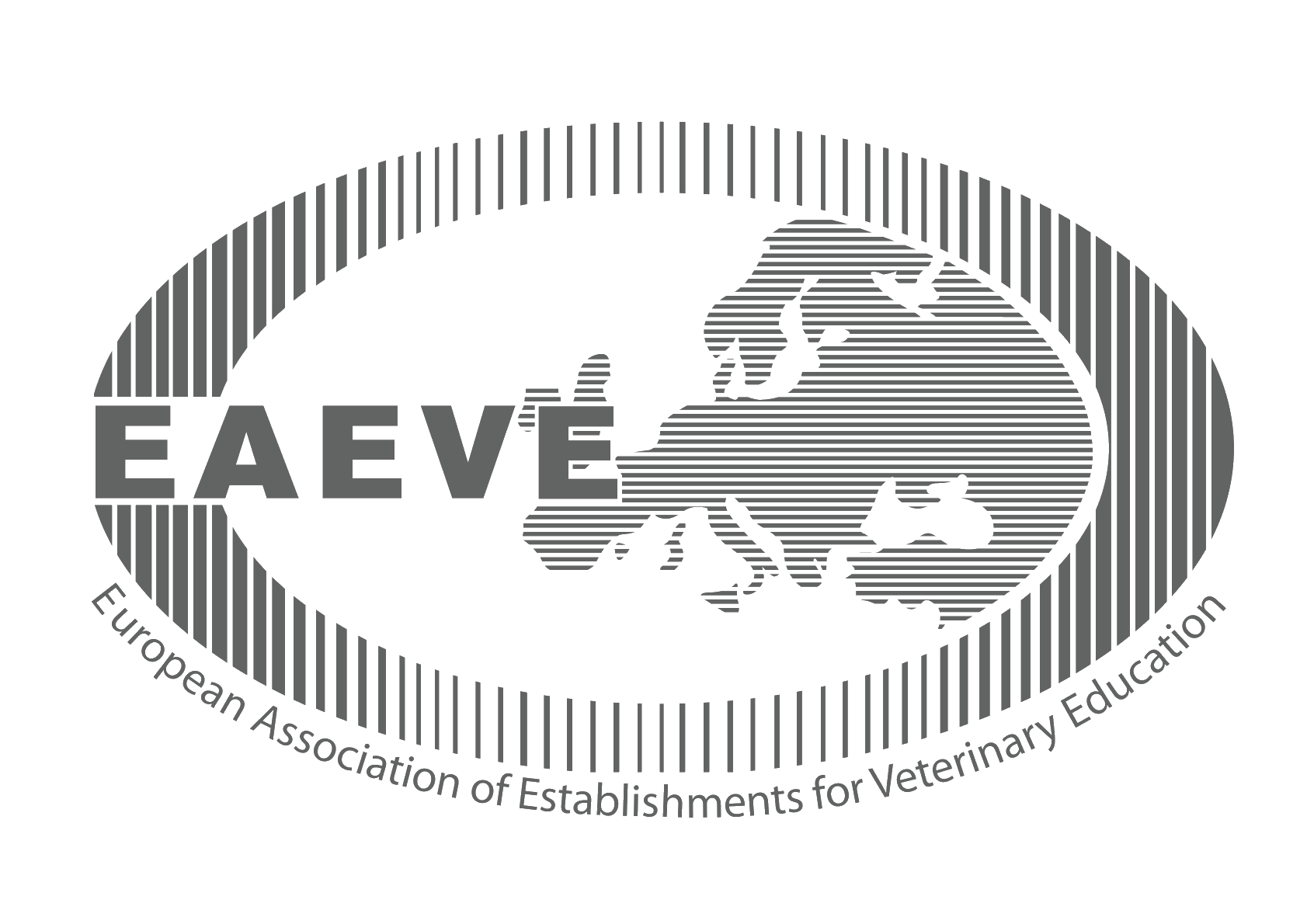The Veterinary Faculty strives to ensure that veterinary doctors receive training that meets the expectations of the veterinary profession in Europe in the areas of animal health, animal welfare and public health, including the care of food safety and the prevention of the spread of infectious diseases.

About Us
The photo above shows the visionary image for the new premises of the Veterinary Faculty. More about the project can be found by clicking on this link.
Mission
The Veterinary Faculty is dedicated to, and responsible for, creating new generations of veterinary doctors, who are ready for the challenges ahead. It also strives to develop new methods of disease identification and treatment, and through its extensive services ensures comprehensive animal welfare, animal and human health, safe food and a safe environment.
Vision
The Veterinary Faculty has a desire to be one of the most reputable, established and internationally recognised veterinary institutions in Europe, known for the knowledge, skills and ethical standards of the veterinarians it educates, as well as its dedicated pedagogical, research and professional staff.
Through activities in the national veterinary network, the faculty wishes to actively contribute to social development and animal welfare, while ensuring the concept of ‘one health’ and the recognition of the veterinary profession and the profession in society.
Strategic Directions
- EAEVE accreditation
- SIST EN ISI/IEC 17025 accreditation
- Acquisition of international research projects
- Involvement in international infrastructure projects
- Publications of research results in top international journals
- Increasing the internationalisation of undergraduate and postgraduate studies
- Involvement of successful foreign researchers and pedagogues in the work of the faculty
- To be an institution that sets welfare standards and a code of ethics for the treatment of animals
- To continue the top laboratory diagnostic and analytical activities within the National Veterinary Institute (NVI) and to maintain high standards in ensuring the concept of ‘one health’
- Continuous training of employees to ensure quality work in all areas of operation
- Construction of a new faculty
- Connecting the faculty with other world-renowned institutions
Key Values
- Respectful, ethical and highly professional transfer of knowledge to the next generations
- Ensuring animal, and consequently human, health
- Ensuring food safety and consumer protection by providing state-of-the-art laboratory services and advice
- Ensuring the welfare and ethical treatment of animals
- Ensuring an open and respectful working environment for all employees
- Respecting and encouraging creativity, professionalism and independence of employees and students
- Ethical and responsible research conduct
Origins and Development
Modern veterinary medicine began to develop with the establishment of the first veterinary schools in the 18th century. The first two schools were established in France – in 1762 in Lyon and in 1765 in Alfort – while the third veterinary school, which significantly influenced the development of the veterinary profession in Slovenia, was founded in 1765 in Vienna. Civil and military veterinarians working on the territory of today's Slovenia were trained at the latter institution.
In 1795 the Veterinary Chair was established at the Medical-Surgical Institute of the Ljubljana Lyceum, and in 1850 the veterinary-farriers school in Poljane, Ljubljana, opened. The most important of the school’s founders was Dr. Janez Bleiweiss, who worked in various fields, and who, due to his political activities and commitment to Sloveneness (the quality of being Slovene), was known in the 19th century as the ‘father of the nation’.
After World War I, the National Bacteriological Institute was established in Ljubljana in 1926, and later, after World War II, the Veterinary Scientific Institute of Slovenia was set up in 1946. Both are important predecessors of today's Faculty of Veterinary Medicine, which was established by a government decree on 12 June 1953, as the Veterinary Department of the Faculty of Agronomy, Forestry and Veterinary Medicine. In 1979 the Veterinary Scientific Institute of Slovenia merged with the Veterinary Department. The Act establishing the Faculty of Veterinary Medicine made it possible for the Faculty of Veterinary Medicine to start operating as a higher education organisation on 1 January 1990. Furthermore, it was defined as a member of the University of Ljubljana by the Decree on Transformation (Official Gazette of the Republic of Slovenia No. 82/1994).
In 2001 the Veterinary Act stipulated that the Veterinary Institute of Slovenia should join the Veterinary Faculty of the University of Ljubljana, which must form an internal organisational unit - the National Veterinary Institute. This form of organisation significantly contributes to the higher quality of pedagogical work and, in addition, the most demanding activities of the small profession in a small country are rationally and effectively connected, which is also acknowledged by renowned veterinary experts around the world.
The main activities of the Veterinary Faculty are the organisation and implementation of:
- programmes for obtaining a university degree in veterinary medicine
- scientific research and development work in the field of veterinary medicine
- activities of the National Veterinary Institute (according to the provisions of Articles 45 and 51 of the Veterinary Act)
- other operational and development activities for the smooth implementation of educational work (according to the provisions of point 6 of Article 52 of the Veterinary Act)
- postgraduate education programmes: doctorates of science and study programmes for advanced training and other non-formal postgraduate programmes in the field of veterinary medicine
Location
Gerbičeva 60
SI-1000 Ljubljana
Slovenija
Sample Reception
Samples are received at several locations throughout Slovenia. See where.
The veterinarian on duty
Emergency veterinary assistance for dogs and cats and a telephone number of constant readiness.
Library
A wide selection of domestic and foreign professional literature in the field of veterinary medicine and other sciences.
Main navigation
-
Education
- Informativni dan
- Why to become a veterinarian?
- Undergraduate Studies
- Postgraduate studies
- Pripravništvo
- Summer Schools
- Continuous education
- Professional Development
- International Activity
- Mednarodna dejavnost - Tuji študentje
- The Path to Creative Knowledge
- Tutoring
- Extracurricular Activities
- Career Centres
- Alumni
- Student organizations and societies
- Quality Assurance
- Clinics
- Diagnostics
- Dobrobit
- NVI
- Research
- About us
- Hub


